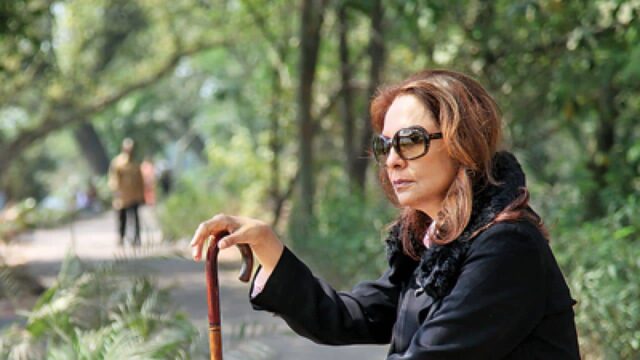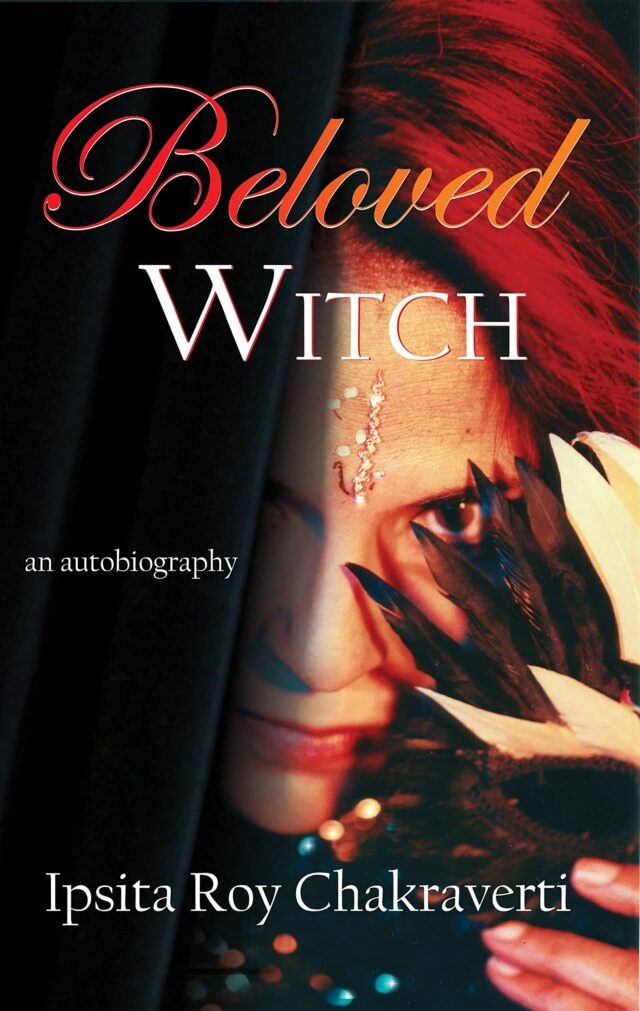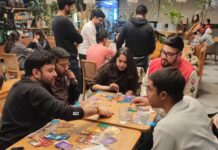After the release of Bulbbul on Netflix, our cultural image of a ‘witch’ underwent a novel change when we saw the protagonist fighting patriarchy, domestic violence and injustice caused against women.
Witch (or Churail, if one looks at the colloquial Hindi term) has always been attributed to a very negative image of a woman with upturned feet, spreading terror and seeking revenge on clueless men.

However, Ipsita Roy Chakraverti, an Indian priestess, reclaims the word and expresses otherwise. She is a staunch follower of a religion called Wicca which engages in nature worship and finds power from the idea of witchcraft.
Origin Of The Religion
A retired British servant by the name of Gerald Brosseau Gardner began the foundations of the Wicca movement. He was inspired by the time he spent with different communities in South Asia. The religion was based on the worship of nature, a female deity called Mother Goddess and other traditional deities.
Doreen Valiente, an author, developed on the same idea and through her emphasis on nature and spiritual lifestyles, Wicca spread across western nations and challenged established mainstream religions.

The Wiccans participate in rituals that are close to natural elements and follow the ethical code, “if it harms none, then do what you will.” However, they clearly do not associate themselves with ‘devil worship’ even though they call themselves witches.
Fighting Witchcraft Violence In India
India has not been devoid of misusing the label of witchcraft to admonish and execute women given their oppressive position in society. Hardly covered by the media, in many rural villages of India, women are tortured and killed under the accusation of being witches.
According to the National Crime Record Bureau, Jharkhand alone had witnessed around 464 deaths of women between 2001 and 2014. The government of Assam imposed a law against it only in 2018.
Read More: Forced To Eat Human Excreta: The Preposterous Practice of Witch-Hunting in India
Under such a context, Ipsita Roy Chakraverti started calling herself a witch not just as a devotion to the religion she follows, but also to make a point.
Even after facing a lot of criticism for such a declaration, her objective was to subdue the power held by the term that subjugated women and use it as a means of fighting the oppression they face on a daily basis.
Ipsita’s Idea Of Witches As Goddesses
Through the practice of Wicca, Ipsita believes that a positive light can be shed on the evil image that has been ascribed to witchcraft by patriarchy.
She even calls powerful women such as Indira Gandhi, Noor Jahan and Jhansi ki Rani daayans (another Hindi terminology for witch) because she finds them fierce and daring! She pointed out that the term daayan has only been a distortion of the Greek Goddess Diana, who was worshipped as a Wiccan goddess.
According to her, Indian Goddesses such as Kali have also been the epitome of the definition of witches pertaining to Wicca.
It is feminist, empowering and historically captivating! It’s an insight into how patriarchal narratives can be altered as a means to reclaim position in society.

She has founded an organisation called the Young Bengal Brigade that seeks to restore certain marginalised practices and traditions across the world. These can serve as resistance narratives towards established religions such as Christianity and Hinduism that have mostly been male-dominated.
Ipsita has also run for elections as a member of the Indian National Congress in Hooghly district of West Bengal and has penned three books. “Beloved Witch” is one such memoir of her journey through the Wiccan tradition.

Next time someone insults you by calling you a witch, be proud enough to use that label to tell them that it means to be fearless and brave, and you don’t mind being another superhero Bulbbul in the city!
Image Credits: Google Images
Sources: Firstpost, Al Jazeera, Britannica, India Today
Find the Blogger: @aiswaryanil
This post is tagged under: wicca, witches, witchcraft, witchcraft violence, why is there witchcraft in india, laws against witchcraft, anushka sharma, netflix movie bulbbul, what is bulbbul about, are there real life witches, what is a witch, indian goddesses, are indian goddesses witches, indira gandhi, female freedom fighters, women empowerment, strong women, fight for women, fight against patriarchy, indian witches, ipsita roy chakraverti, ipsita roy chakraverty
Other Recommendations:
These Cases Of Witch Hunting In Assam Are Primitive & Beyond Humanity




































